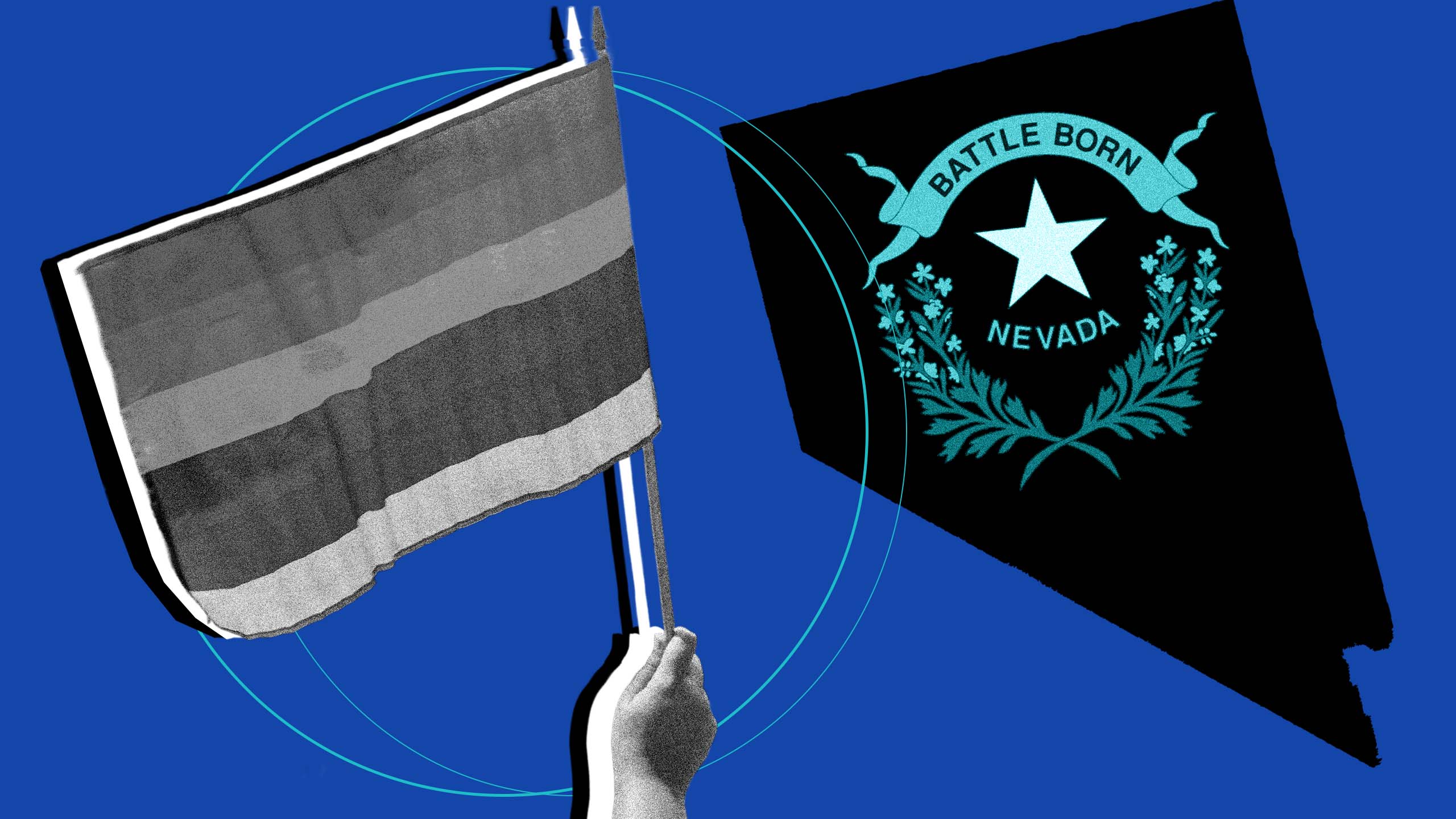Nevada voters have moved to pass the most expansive Equal Rights Amendment of any state yet—with 58.6 percent of midterm voters electing to prohibit identity-based discrimination during last week’s elections.
As drafted, the new amendment entitle everyone to equal rights, “regardless of race, color, creed, sex, sexual orientation, gender identity or expression, age, disability, ancestry or national origin.” The ERA is the first of its state-level counterparts to include sexual orientation and gender identity among these protections.
“Nevadans have decisively rejected hate and unequivocally declared that our differences should be celebrated and protected under law,” the committee behind the initiative told ABC News.
Of the 50 states, 26 have adopted a state-level ERA, though the scope of each of these varies. At the national level, the amendment was first introduced in 1923 by women’s rights activists, and after garnering increased support thanks to the women’s movement of the ’60s and ’70s, it was ultimately approved by both the House and Senate in 1971 and 1972, respectively. But conservative opposition and bureaucratic hurdles mean the amendment has yet to be adopted into the Constitution, despite a continued push from advocates.
Nevada’s state-level ERA is now the most expansive in the nation, largely thanks to the bill’s co-sponsor, Sen. Pat Spearman, who expressed the need for protections for trans people as well as elderly folks who were laid off during the COVID-19 pandemic, according to ABC News. Proponents of the Nevada ERA say including these protections will help close loopholes in federal discrimination protections.
Activists and civil rights organizations alike have expressed the need for safeguards in areas like education and public accommodations—something that ERAs can help secure. Seeking to educate Americans on the lack of comprehensive protections against LGBTQ2S+ individuals in all areas of public life on a state-by-state basis, the Human Rights Campaign (HRC) unveiled its “Reality Flag” campaign earlier this year, noting just how few states actually have enshrined LGBTQ2S+ protections.
“The thing that’s unfortunate is that most folks don’t realize this isn’t the law of the land,” Jay Brown HRC’s senior vice president of programs, research and training told Xtra in February. “We need to do more education to make sure that folks are aware that this is still needed and that these basic freedoms are denied under federal law.”
Various iterations of the Equality Act—another avenue for federal protections, which would explicitly expand the Civil Rights Act to include protections for LGBTQ2S+ people—have floated around the house and Congress since 1974. However, the legislation has as yet to make it to the president’s desk. Most recently, the Democrat-controlled House passed it in 2021, but despite Democrats retaining control of the Senate as well, the threat of a Republican filibuster stymied its progress.


 Why you can trust Xtra
Why you can trust Xtra


